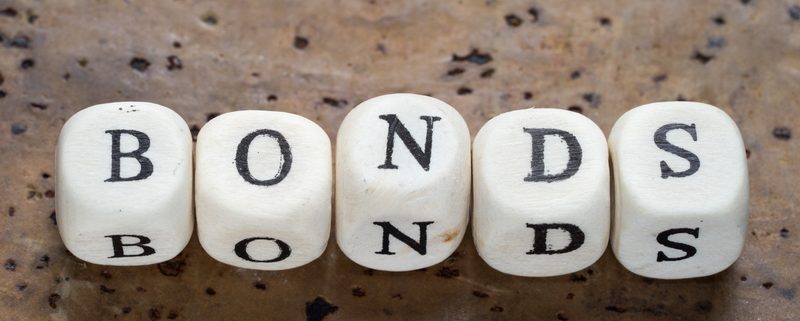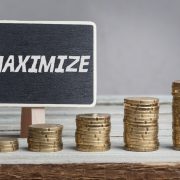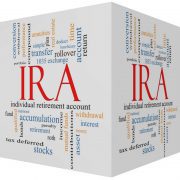Should a Self-Directed IRA Investor Invest in Bonds?
When you hear about Self-Directed IRAs, there’s a good chance you hear about them in the context of the non-traditional assets you can use them for. Real estate. Gold. Tax liens. But what about investing in something a little more traditional, like bonds? There are two questions here: is a Self-Directed IRA an appropriate vehicle for investing in something like bonds, and if so, is it a good idea to use an IRA for such an investment?
What You Can Use a Self-Directed IRA to Invest In
First things first: let’s get clear about the Self-Directed IRA rules. The Internal Revenue Code outlines what an IRA cannot invest in, which allows for lots of freedom. For example, you can invest in stocks and bonds—or stock and bond funds—when you direct your own IRA. The simple act of self-direction does not mean you can no longer invest in these traditional assets. In fact, many people choose their own independent IRAs, such as a Roth IRA, outside of their employer. They can then invest in stocks and bonds within these accounts.
With a Self-Directed IRA, you have access to investing in plenty of asset classes, including:
- Real estate
- Precious metals
- Tax liens
- Private equity
- Private lending
…because the Internal Revenue Code only expressly lists what you can’t use these accounts for, the types of investments you can make with such an account are varied.
Is It a Good Idea to Invest in Bonds with a Self-Directed IRA?
As a Self-Directed IRA administration firm, it’s not our role to give specific investment advice. However, we can speak to the usefulness of a IRA as a general rule.
For many people, an IRA is a great way to invest. Using an IRA allows you to protect the growth of your accounts while they grow. Investing in bonds is typically a strategy that retirement investors use, especially as they age, to help make their portfolio more conservative. As stocks become more volatile and the chances of a stock market crash go up, the ability to use other assets to protect against these swings—bonds, real estate, and the like—is important for investors of all types. Those investing to have a sizeable nest egg for retirement often include bonds for the same reason.
Why Do Investors Self-Direct?
Having a lot of responsibility through self-direction comes naturally to some—but not so to others. So why do people do it anyway? There are a wide variety of reasons that investors might choose to self-direct their retirement, such as:
- In some cases, the only way to invest in retirement is to self-direct, as investors who run sole proprietorships or are otherwise self-employed do not have options for retirement benefits through a separate employer.
- Additional retirement tools. Some people have 401(k) benefits through an employer. Even so, using something like a Self-Directed Roth IRA allows the ambitious retirement saver to put even more of their own money aside for retirement.
- Using a Self-Directed IRA opens up a wide range of asset classes—including those listed above. Whether investing in bonds or real estate or precious metals, an investor can build a wide-ranging portfolio that is diversified across asset classes—not just diversified in a single asset class like stocks.
These reasons might jive with your own—but make sure that you do plenty of research to figure out which type of account might be best for your purposes. Interested in learning more about Self-Directed IRAs? Contact American IRA, LLC at 866-7500-IRA (472) for a free consultation. Download our free guides or visit us online at www.AmericanIRA.com.








